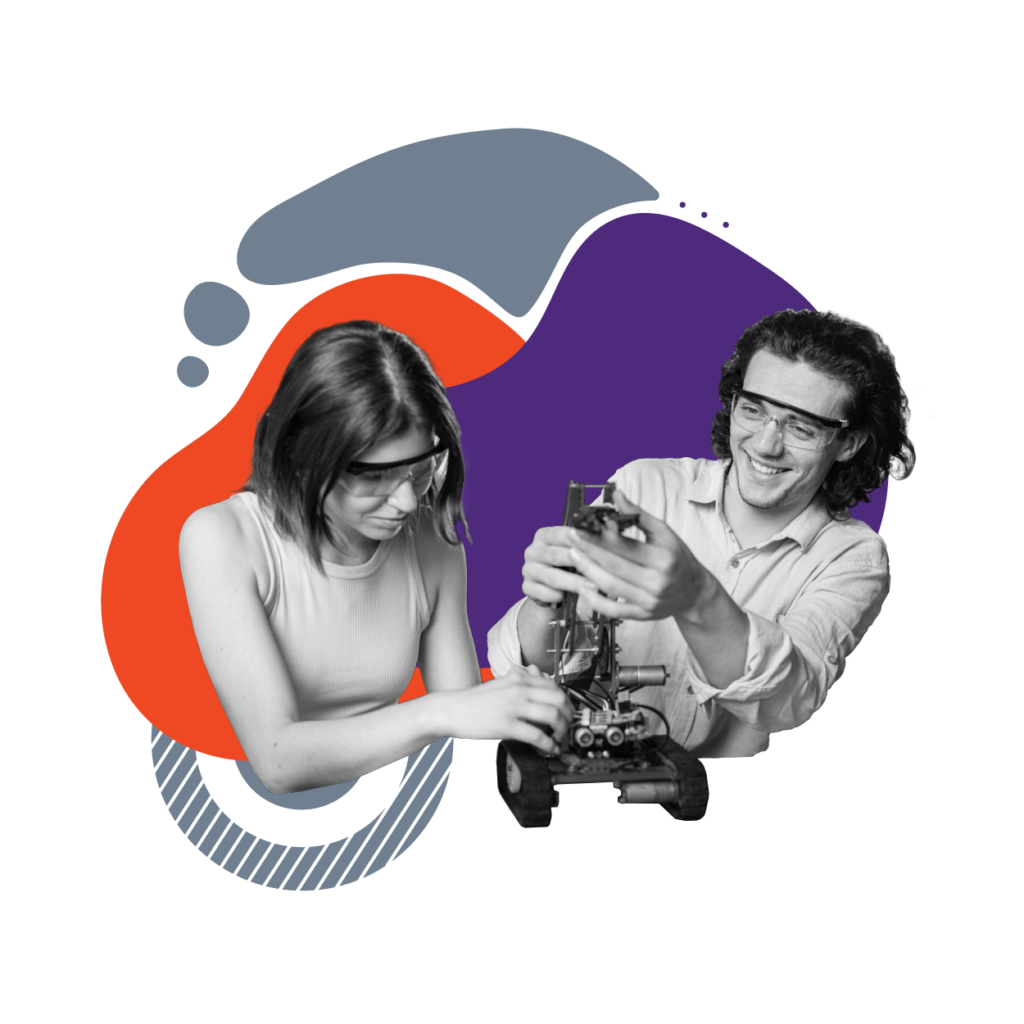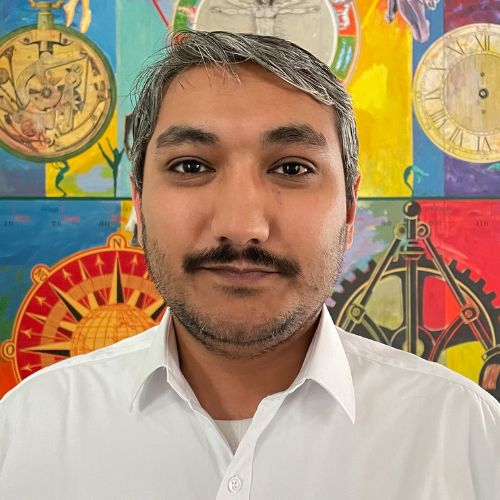Young Researchers

Young researchers shape our future. Bringing their innovative ideas into our projects, they contribute not only to the excellence of SnT research, but also to our impact in society. They take our research to the next generation.
Young researchers shape our future. Bringing their innovative ideas into our projects, they contribute not only to the excellence of SnT’s research but also to our impact in society. They take our research to the next generation.
Dr. Junaid ur Rehman, research scientist at the Signal Processing & Communications research group (SIGCOM) gave us some insights into the research projects he is working on, reflected on how these projects will shape the future and shared his future plans with us.
Junaid, what are you working on in your research?
I am part of the research team of LUQCIA, which is a 5-year initiative to build a national testbed for a Quantum Communication Infrastructure (QCI) in collaboration with the Luxembourg Department of Media, Connectivity and Digital Policy (SMC). I am also working in the team of LUX4QCI, where we develop the first quantum key distribution network in Luxembourg. In both projects, we are exploring how quantum key distribution networks will help in the future to secure governmental and other sensitive communications.
What is the motivation of the projects?
Ancient cryptography methods relied on the secrecy of the encryption algorithms. Modern cryptography methods work differently: They build on mathematical problems that are very challenging even for the most powerful supercomputers available today. For example, if we consider some modern cryptographic algorithm (RSA 2048), the time it takes to break today is astronomical, it will take millions of years. However, it is anticipated that quantum computers available in the next 20-30 years will be able to break it within a span of few hours. This jeopardises not only our encrypted communication of the future, but also of today. That’s why we are motivated to start identifying and analysing the possible solutions to this threat as soon as possible.
What is the solution in the projects?
There are two possible solutions to the threat posed by quantum computers: post-quantum cryptography and quantum key distribution. Post-quantum cryptography methods attempt to build cryptographic primitives that are hard to break even for quantum computers of the future. What we are working on in our projects is quantum key distribution, which is a new method of exchanging secret keys between communicating parties using quantum bits. Due to physical law, those quantum bits cannot be copied. In addition, if someone tries to measure these quantum bits without knowledge of the communicating parties, the information in these bits will be destroyed. In the future, we can use this method to distribute secret keys that can be used to encrypt our communication.
How do these projects shape the future?
In Luxembourg we are developing a future quantum communication infrastructure in two steps: The first step is the project LUQCIA, where we are connecting two campuses of the University of Luxembourg, Kirchberg and Belval. In a second, parallel step, we will develop a quantum key distribution network with five to seven locations in Luxembourg. Doing so, we are focusing more on governmental communication and secured data-centered connectivity to secure national data. In the future, the national testbed will be connected with European quantum key distribution networks – possibly with the help of quantum satellites – to build a Europe-wide quantum key distribution network.
What inspired you to work in research at SnT?
I was inspired to work at SnT because of its interdisciplinary philosophy and diverse collaboration portfolio involving several academic and industrial partners. The opportunity to contribute to cutting-edge projects, collaborate with brilliant minds, and address real-world challenges resonated deeply with my passion for pushing the boundaries of knowledge. Additionally, SnT’s commitment to bridging the gap between academia and industry and its vibrant research community offered an ideal environment for continuous learning and personal growth.
What are your future plans?
My future plans revolve around further advancing my expertise and contributing to groundbreaking research in my field. My main interest is to bring quantum technologies (quantum communications and quantum computing) closer to the applications in real-world scenarios. To this end, I am constantly looking for opportunities to collaborate with experts in quantum technologies, both in academia and industry. Through continuous learning, research, and collaboration, I am committed to playing a pivotal role in the advancement and practical realisation of quantum technologies in Luxembourg.
About Junaid: Junaid ur Rehman received his PhD degree from Kyung Hee University (South Korea), in 2019. His research interests are in quantum computing and quantum communication, focusing on algorithm design, noise modelling, and quantum error mitigation techniques. He is member of the team developing a national testbed for quantum communication infrastructure in Luxembourg including the first quantum key distribution network in Luxembourg.
This article was originally published on 11 July 2023.
